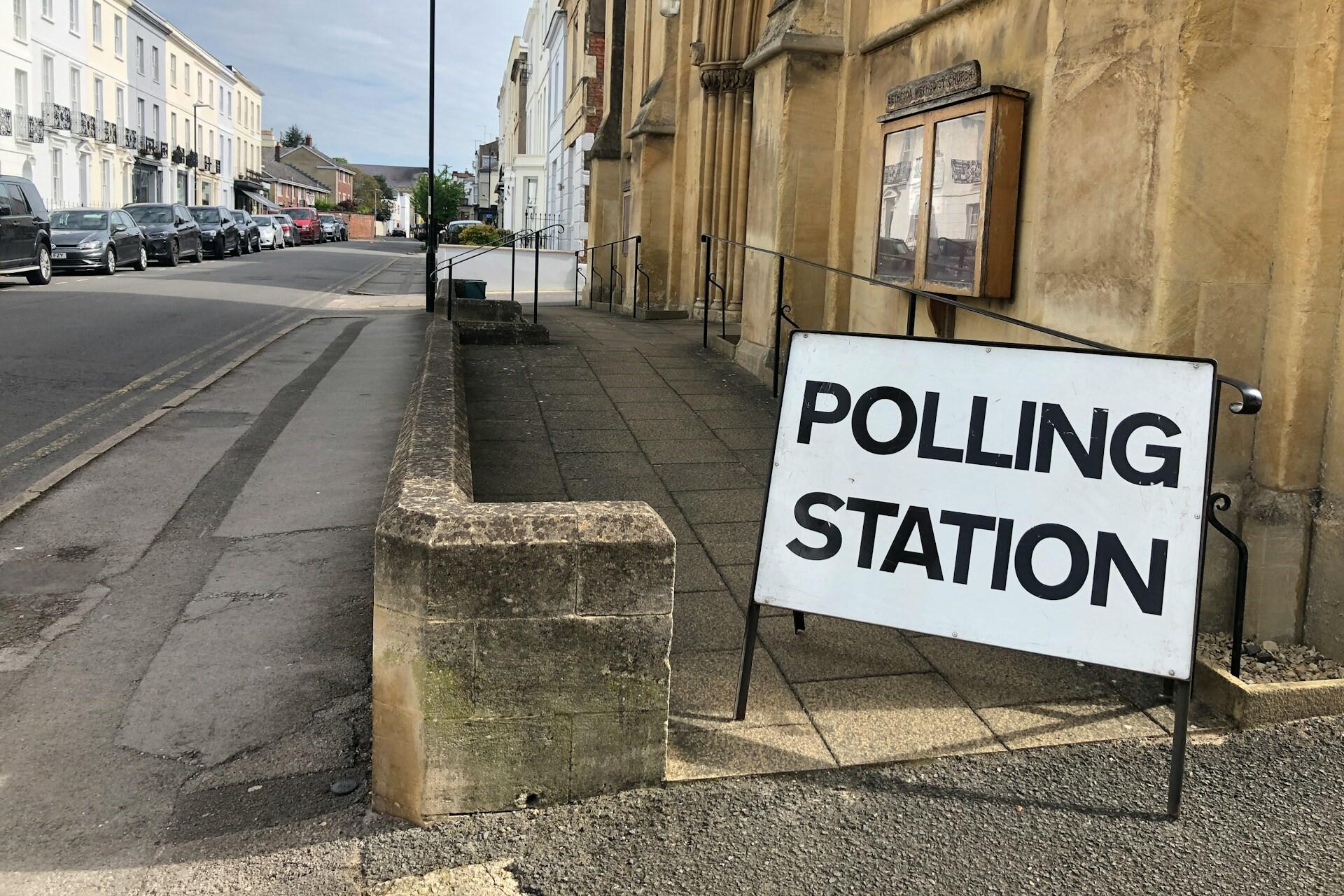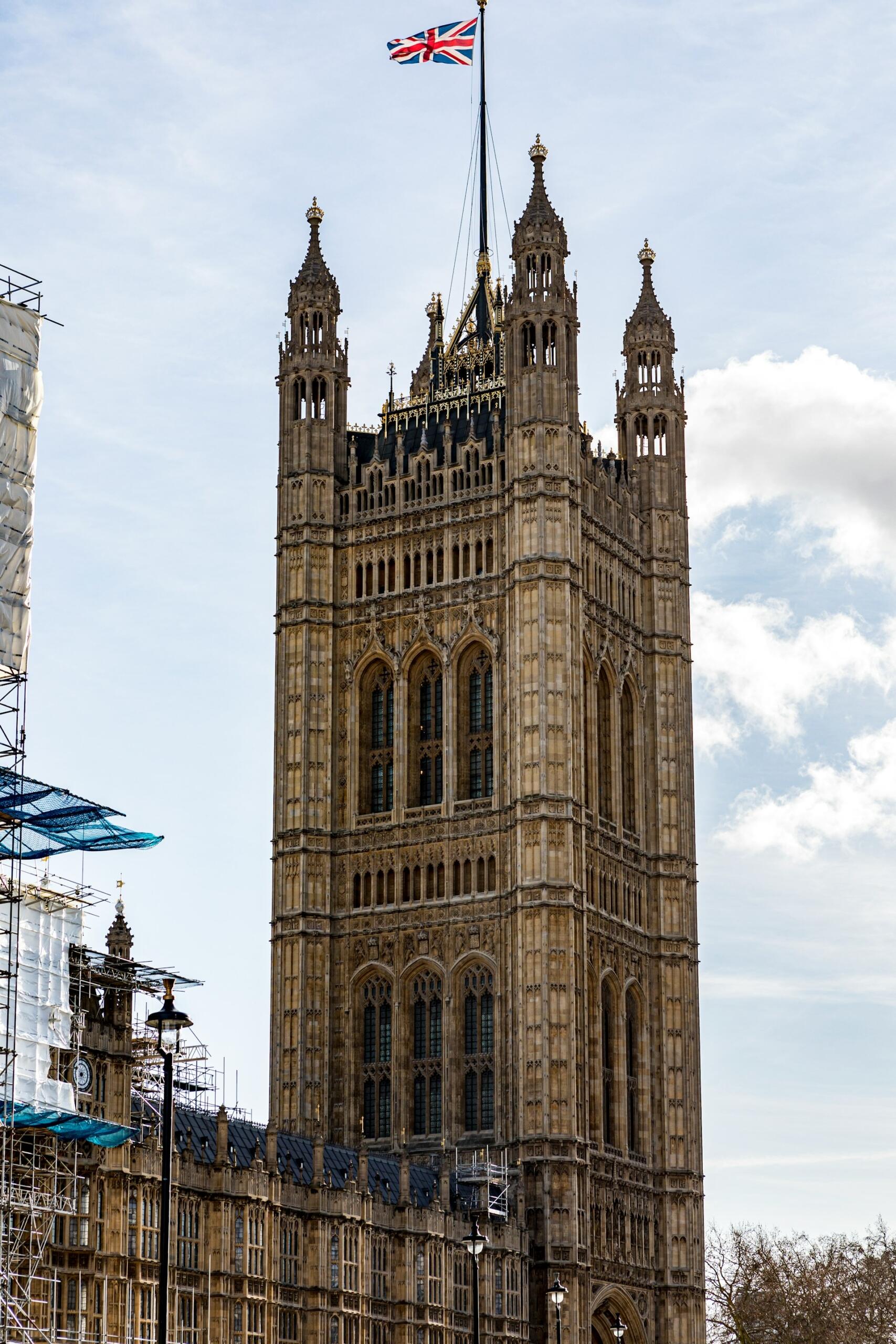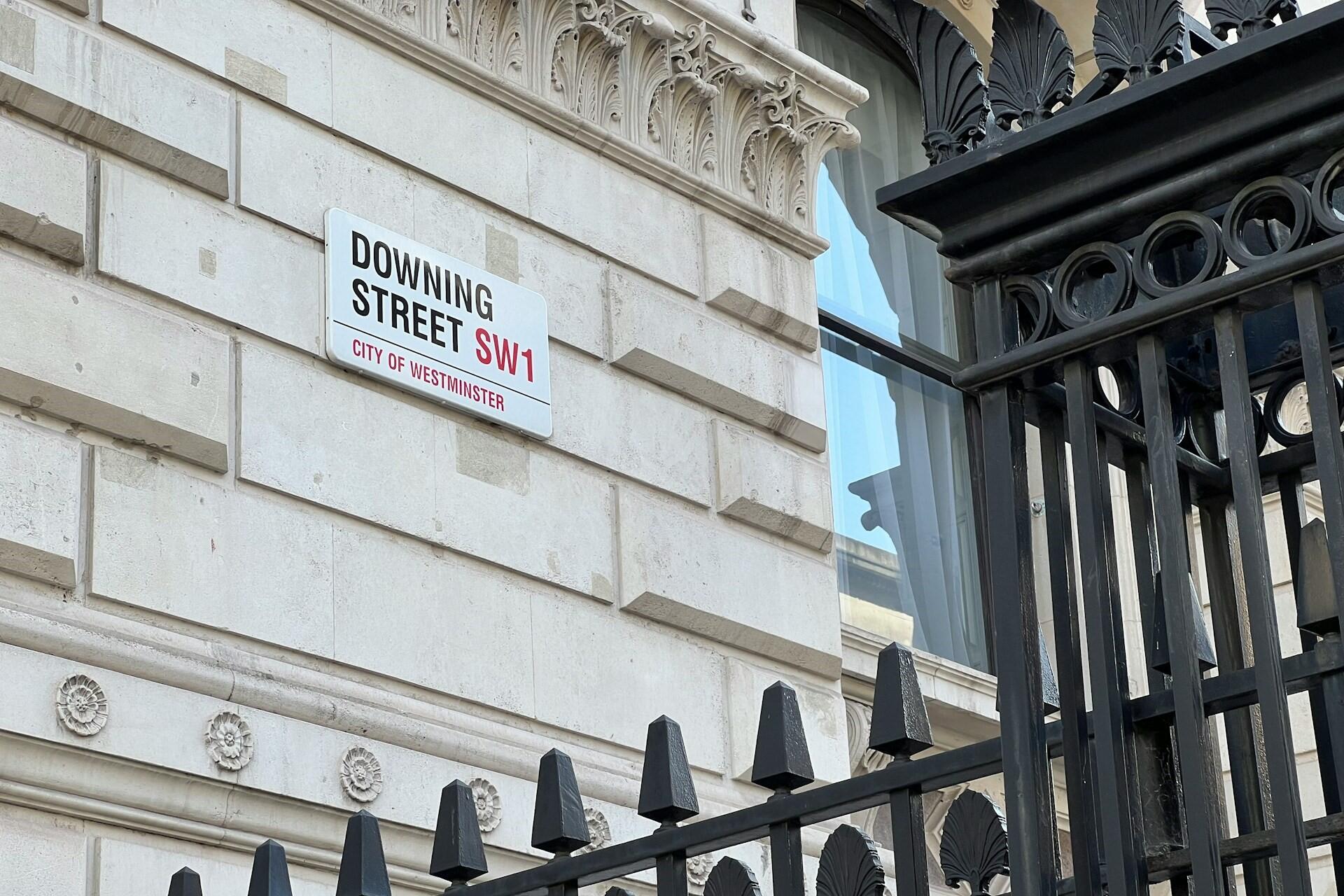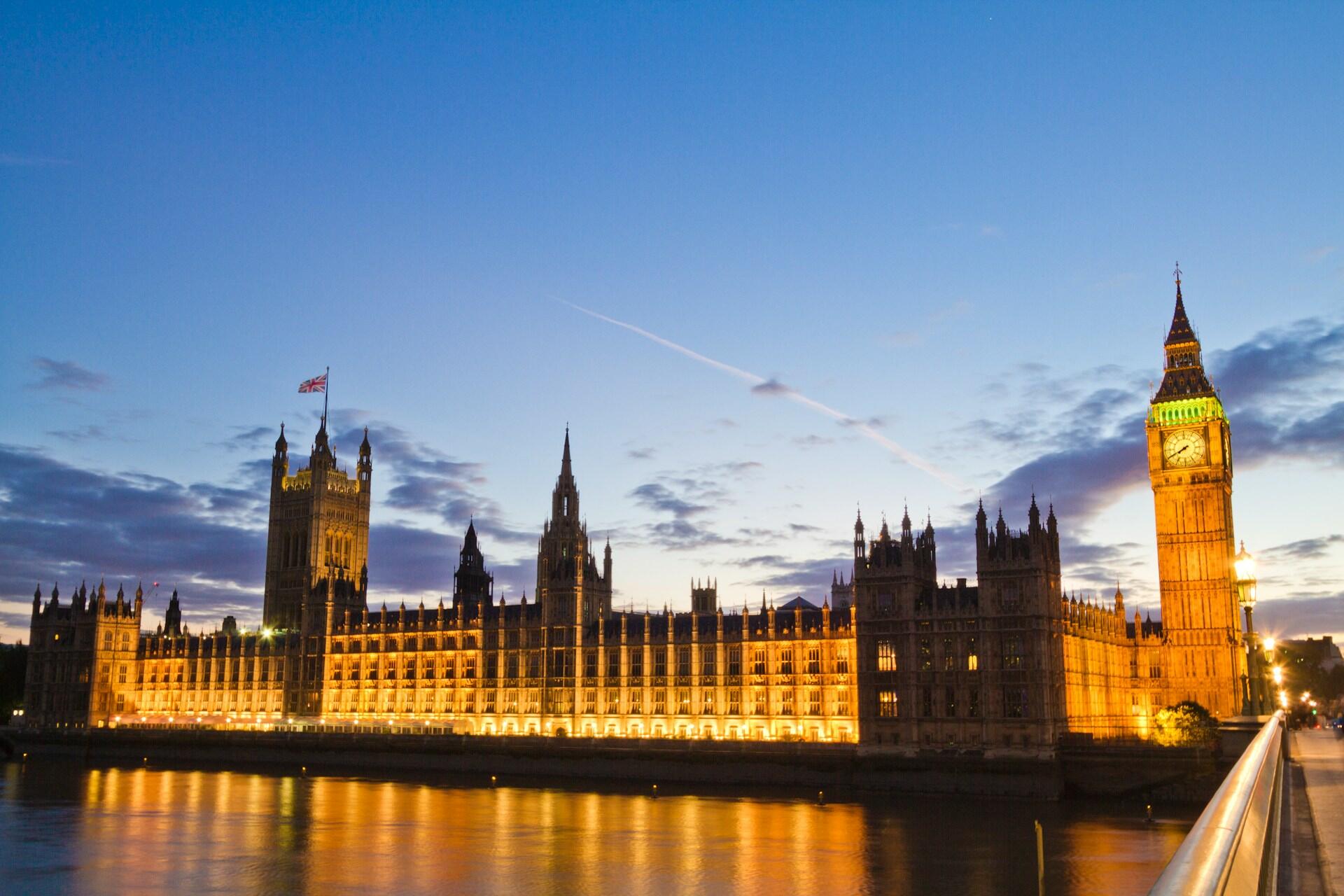Studying A Level Politics is absolutely worth studying. This subject isn't just for MPs or journalists; it's for anyone who wants to understand how the world works, how decisions are made, and how they can best make their voice heard. If you want to know why things are the way they are and how they could change, A Level Politics is the course for you.
Key Takeaways
- What the Edexcel A Level Politics course covers
- Whether it’s hard (really)
- How to revise and prepare
- The benefits it brings to your thinking, communication, and future opportunities

Politics A-Level Edexcel Advanced Information
Choosing A-Level subjects is no lighthearted affair. Let's consider the psychology behind making these selections for a moment. How many 16-year-olds know what they want to do for the rest of their lives? Do they know which career they'll embrace - and are they certain that path will bring them fulfilment and success? That's a heavy lift for any teenager. Luckily, they have two reprieves.

First, the Advanced education structure is designed for maximum student flexibility. Year 11 allows students to select up to five subjects for Advanced study. Learners who know where they want to go can hone in on the subjects that will lead them to their career goals. Those less sure of their future direction can select a variety of disciplines to study. How should they make their selections?
UCAS provides course catalogues so students can understand how they could benefit from the offered courses. Advance Information papers are the Sixth Form equivalent. These documents go over exam information and general advice not related to the academic subject. Going further through this paper, we find sections detailing specifics for each of the exam's three sections.
🗳️ Paper 1
UK Politics: Parties, elections, voting, media, ideologies
🏛️ Paper 2
UK Government: Constitution, Parliament, Prime Minister, non-core ideas
🌎 Paper 3
US and Global Politics: US system, civil rights, global governance, political comparisons
Paper 1: UK Politics
The bulk of your first paper concerns political parties, election systems and participation in the democratic process in the UK. This exam challenges your knowledge of today's major political parties and emerging parties in our country. You'll also discuss what you know about our election systems.
Voting and the media is the fourth major topic addressed. In the UK, laws limiting political advertisement and campaign duration make it hard for candidates to get their message out. Often, people running for office promote their candidacy by giving interviews. Are the resulting soundbites and articles untainted by journalistic bias?
That question would be the most intriguing if it weren't for the core political ideas this paper also tests you on. However, today's politics force a discussion on socialism and conservatism. You're expected to know about these ideologies' concepts and principles. You should describe the inherent tensions in these movements and some of their most prominent actors.
Paper 2: UK Government
In this paper, you'll drill down into how our government works. First, you'll discuss how the Constitution assigns roles and powers to government agencies.
Next, you'll explore Parliament and the legislative process. After that come questions about executive power and ministerial responsibility. Finally, you'll tie the whole UK government together by detailing their interactions.
A-Level Politics gives you an insider view into how UK democracy really works. You’ll learn the ins and outs of Parliament from how laws are made to how power is distributed between government branches.
All of those topics are fairly pedestrian. You can score well on this section simply by memorising information. The '-ism's this paper addresses, though. These non-core political concepts are thought-provoking and utterly relevant to our times.
What do you know about feminism, multiculturalism, ecologism, anarchism and nationalism? Maybe not much as you start Year 12. And the Advance Information paper specifies you only need to focus your research on one of these ideas. You'll write an essay on your findings during your exam. Which 'ism' will you choose?
Paper 3: US and Global Politics
Why would a UK student need to be well-versed in US politics? Partly for historical reasons, but mainly because the US is such a powerful global player that its politics resonate around the world.
The US isn’t just another country. Its political decisions ripple across the globe. Understanding international politics is essential when it comes to global issues like human rights or climate change. This course equips you to think globally while acting locally.
You need to know how the US political machine is structured and how it works. You'll detail their founding documents and explain how they constrain each US government branch.
You'll examine democratic participation in that country and discover special interest groups. Learning how those groups influence politicians and the voting public is especially fascinating! Finally, you'll outline the differences between US and UK politics.

This paper's second half is, by far, the most engaging. You'll explore human rights and environmental challenges, aspects of regionalism and different governing styles. You'll also expose just how closely economics and political power are intertwined. More on that marriage a bit later.
As you can see, there is much more to Political Studies than training to become the country’s next prime minister. If you're open to big ideas, Politics and Government A Level is interesting and relevant. Even if you don't think of yourself in those terms, you can credit the many students who find this information impactful and valuable.
Make sure you're familiar with what's on the exam by using Edexcel A Level Politics past papers as part of your revision provided the exam content is still part of the A Level Politics specification.
| Paper | Focus Area | Topics Covered |
|---|---|---|
| Paper 1 | UK Politics | Democracy, political parties, elections, voting behaviour, media, core ideologies |
| Paper 2 | UK Government | Constitution, Parliament, Prime Minister, ministerial responsibility, non-core ideas |
| Paper 3 | US & Global Politics | US political system, constitution, civil rights, global issues, comparative politics |
The Advantages of Taking A-Level Government and Politics
Politics teaches you analytical and critical thinking skills. These skills are helpful to study a variety of subjects such as English Literature, Economics, Sociology, History and more.
The ability to think critically is also rewarding for personal reasons. Critical thinking and problem-solving skills are in demand for whatever career path you take. And besides, you may find that Political Studies enhances how you think in your everyday life.

Politics is particularly interesting to study alongside Economics A-Level. Did you know that many political and economic theories overlap? Nowhere is this clearer than when defining communism, socialism, and capitalism.
These terms describe political and economic theories. We might even say that these two subjects contextualise one another. We only need to consider the recent UK mini-budget debacle for proof.
And what about those who report on political and economic activity? Journalists must understand how the government works and report on it with authority. A reporter wouldn't know what questions to ask if they did not know what the government is doing. Nor would they be able to communicate the implications of government moves if they had no clue how to see them in their context. Thus, this course is helpful for those considering careers in media or journalism.
The course covers contemporary issues, too. You might not have an opinion on inequality, ecocide or the drumbeats of war. You're not to blame for that, of course. You have only a little life experience to shape any informed opinions. This is your chance to gain that needed exposure. In that sense, this A-Level could be as defining for you as the communication and culture A-Level was for me.
A-Level Government and Politics first introduces you to these concepts. And then, it guides you to form your own opinions concerning them. As you progress through the course, you will learn how to articulate your thoughts in writing and speech. Effective communication is an important skill to develop. It will serve you in every aspect of your civic and professional life.
Understanding politics expands your awareness of social justice issues. Inequality is rampant everywhere in the world, even in supposedly advanced societies. We see plenty of inequality in the UK alone! Think about economic inequality, racial inequality, gender inequality, and marriage inequality. And biases! Against immigrants, the elderly, the poor, and the disenfranchised.
The knowledge presented in A-Level politics is eye-opening. It will broaden your worldview, community, and personal perspectives. You will cover topics such as sexism, racism, immigration, ecology and environmentalism, and political correctness, just to name a few.

In A-Level Politics, you'll regularly be asked to express your opinions in written and oral formats. This will allow you to develop your ability to communicate clearly and concisely, using appropriate political vocabulary. As mentioned above, effective communication is vital to advancing society. These skills are invaluable for any academic pursuit or career path. Studying politics is an excellent opportunity to develop and improve yours.
University Courses That Value A Level Politics
Politics A Level pairs well with subjects such as History, English Literature, Economics, and Philosophy, all of which are considered academically rigorous by top universities.
What Can You Do with A Level Politics?
A Level Politics isn't a qualification that'll make you qualified for any profession. It serves as a great stepping stone for various roles, particularly those that require analytical thinking, effective communication, and civic awareness.
- Journalist or Political Correspondent – Understand how to cover political developments with authority.
- Lawyer or Legal Advisor – Politics teaches reasoning, argumentation, and case-based thinking.
- Civil Servant or Policy Analyst – Apply knowledge of government structure and decision-making.
- Diplomatic Service or International Development – Especially relevant if you pursue Politics or IR at university.
- Public Relations or Communications Officer – Politics helps you shape messages and analyse public perception.
- Campaign Manager or Political Advisor – Ideal for those with a passion for party politics or advocacy.
- Teacher or Academic Researcher – Particularly in politics, sociology, or citizenship education.
- NGO or Charity Sector Roles – Apply insights into inequality, justice, and human rights.

How Respected and Popular Is A Level Politics?
Universities highly respect a Level Politics, as it develops argumentative writing and essay skills, critical thinking and evaluation, and a solid understanding of modern democratic systems and ideologies.
Russell Group Universities are particularly fond of Politics as an A Level, especially when combined with subjects like History, English Literature, Philosophy, or Economics.
It's also a popular subject:
- In 2023, nearly 16,000 students took A Level Politics. This is a significant increase from previous years.
- Politics is now more popular than Religious Studies, and almost on par with long-established subjects like Geography and History.
- In terms of percentage, 5.3% of students taking A Levels include Politics.
- The pass rate for A Level Politics is 97.5%.
- This places it among the more successful A Level subjects in terms of outcomes.
Is A Level Politics Hard?
That depends on your definition of 'hard'. It's not hard in the sense that you have to memorise a lot of information, perform higher-level calculations or tease meaning out of ancient texts. It is hard to grasp just how far-reaching the subject of politics is, though. You may even find it hard to believe how decisions made by a small group of people affect the entire world. We'll cite one particularly dramatic example of such to make our point.

After the 1929 Stock Market crash and the ensuing Great Depression, US President Roosevelt signed the Banking Act into law. It separated private and investment banking, allowing citizens to trust banks with their money, from more speculative commercial banking. You might recall that the Great Depression was caused by speculation.
After the US economy recovered, industrialists began chipping away at the Banking Act. They said the Act restricted their right to generate profits. Over the decades, the Act was dismantled piecemeal. President Clinton repealed the Act's final provision, the Glass-Steagall Act, in 1999. Less than ten years later, the world plunged again into a years-long economic downturn.
This example underscores that learning about politics must encompass all aspects of civic participation. Although the Great Depression and the 2008 downturn were economic phenomena, politics played a significant role in causing them. This example illustrates that politics is a multifaceted discipline that encompasses every aspect of life.
Could it be challenging to grasp the far-reaching impact of politics? Yes, but it will be worth it if you prepare well for your A-Levels.
How Is A Level Politics Assessed?
Your Edexcel Politics A Level is three papers with each exam lasting 2 hours. Here's how the Assessment objectives break down.
| Assessment Objective | What It Means | % of Grade |
|---|---|---|
| AO1 – Knowledge & Understanding | Recall key facts, institutions, political ideas | ~35% |
| AO2 – Analysis | Break down political arguments and concepts | ~35% |
| AO3 – Evaluation | Form reasoned judgements and compare perspectives | ~30% |
Here are some of the reasons why students find A Level Politics challenging:
- You must write clearly and persuasively under time pressure.
- You're expected to refer to current political examples, which means keeping up with the news.
- Success depends on your ability to analyse, not just describe. This is where AO2 and AO3 make it more complicated than many realise.
- The comparative element (especially in Paper 3) requires you to understand UK and US systems in depth.
Students will need to brush up on the following skills and topics before their exams:
- Written communication
- Independent research and reading
- Logical reasoning and essay planning
- Current events and global issues
- Forming and defending arguments
It can be a challenging subject, but if you can do well with some curiosity, critical thinking, and thoughtful arguments.
Is time getting away from you before your exam? Wondering how to revise A Level Politics? This video could help.
Is Government and Politics a Good A-Level?
The personal is political. You may think that talking about politics is boring and that you don’t care much about it. But everyone should be interested and informed about politics because it affects everyone. You may be surprised by how much your personal views, experiences and everyday lives relate to political topics.
Unlike the previous query, whether this subject is good is not subjective. Being an informed citizen, understanding how politics work, and communicating with authority are all objectively good qualities. But does the topic of politics make for good academic study?
For the past several decades, young voters have sat out elections. That is really concerning because the policies enacted today will most affect future generations. And we can't gloss over the fact that voting is, in fact, a privilege. Around the world, many are denied the right to political engagement. Doesn't that make you wonder why anyone would not exercise their right to participate in the political process if granted to them?
This is due, in large part, to a lack of education concerning politics and the importance of voting. Here, in the UK, we know firsthand how profoundly a vote can change an entire society. We've yet to see the full impact of Brexit, but we're already experiencing some of its more dramatic consequences.
When you learn about politics, you will also learn about the importance of being politically active. You'll be able to keep your friends and peers informed. You'll have the skills to consider and act on profound matters.
Of course, it’s not one A-Level student’s responsibility to solve the world's problems. Or even to address the lack of young people’s participation in politics. But we desperately need fresh voices to discuss political issues and ignite discussions. Those who raise their voice should be knowledgeable and well-informed. So now that you know what to expect from this A-Level - and what you'll get out of it, prepare to become one of those voices!
Summarise with AI:















